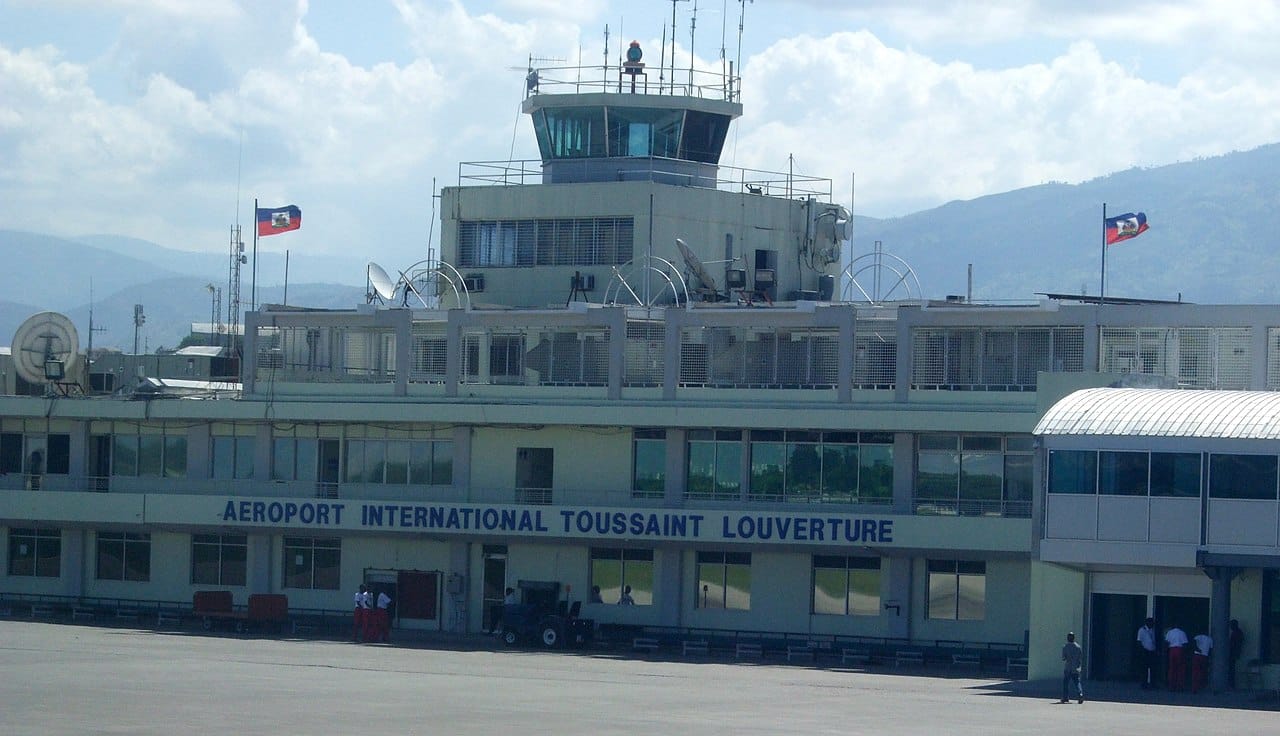The U.S. State Department on Thursday ordered that non-emergency government personnel and their family members leave Haiti as soon as possible, citing “kidnapping, crime, civil unrest, and poor health care infrastructure.”
The State Department also warned non-governmental U.S. citizens that they ought to leave Haiti “by commercial or other privately available transportation options” as soon as possible.
In a travel advisory, the State Department asserted, “Kidnapping is widespread, and victims regularly include U.S. citizens. Kidnappers may use sophisticated planning or take advantage of unplanned opportunities, and even convoys have been attacked. Kidnapping cases often involve ransom negotiations and U.S. citizen victims have been physically harmed during kidnappings. Victim’s families have paid thousands of dollars to rescue their family members.”
The travel advisory also warns that “Protests, demonstrations, tire burning, and roadblocks are frequent, unpredictable, and can turn violent. The U.S. government is extremely limited in its ability to provide emergency services to U.S. citizens in Haiti—assistance on site is available only from local authorities (Haitian National Police and ambulance services).”
Some Haitian residents, meanwhile, have been camping out beside the U.S. embassy in Port-au-Prince over the past several days in an attempt to flee gang violence in the neighborhood where the embassy resides. The residents say gangs are murdering people just a few steps from the U.S. embassy.
Haiti has spiraled further into political and humanitarian crises since the assassination of President Jovenel Moïse in July 2021. The country no longer has a single democratically elected government official.
In January the Committee to Protect Journalists (JPC) listed Haiti as one of a handful of countries that drove a 50% increase in the number of journalists murdered last year, along with Ukraine and Mexico.
The State Department is limiting U.S. government personnel who remain in Haiti to a confined area around the U.S. embassy, prohibiting them from walking in Port-au-Prince. They’re further prohibited from using public transportation, ATMs or banks, driving at night, traveling without prior approval or traveling anywhere between 1am and 5am.


